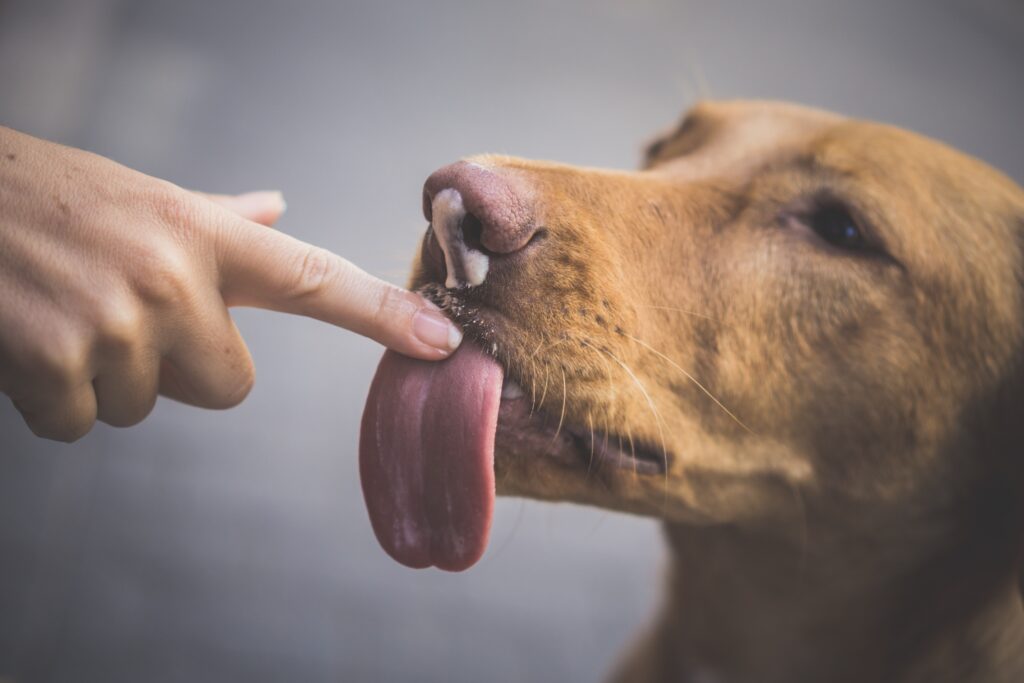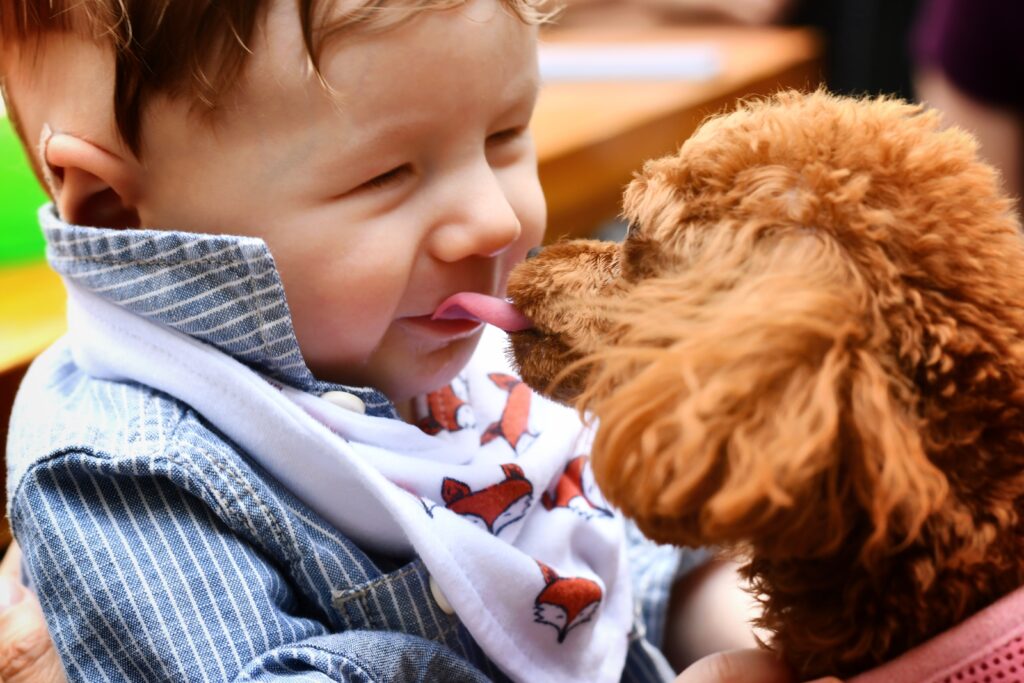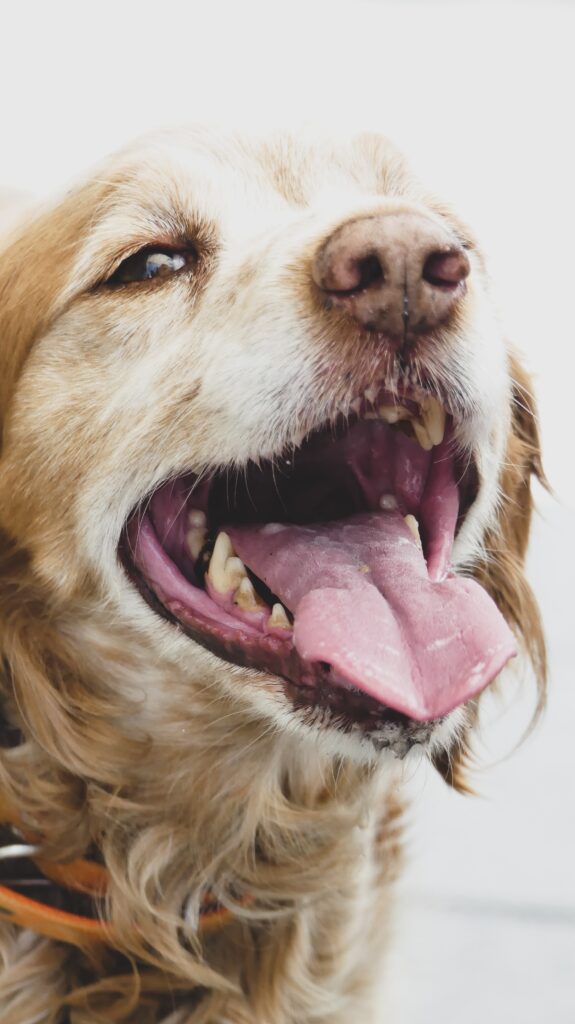5 facts you should know about dog saliva
Not many are aware of all the facts about dog saliva and the bacteria in it. Nor are they aware of the effect that saliva has on humans and pets.
So today we will present to you five quick facts about dog saliva and these facts that will change the way you think about your pet and its mouth.
Dog Saliva: 5 Fast Facts You Should Know
Saliva helps prevent tooth decay:
Dog saliva is one of the best types of saliva that helps treat tooth decay compared to human saliva.
The saliva of dogs and pets is generally alkaline in nature, says a doctor who specializes in surgery and dentistry at the University of Pennsylvania’s College of Veterinary Medicine.
Also, the dog’s mouth does not contain a dental cavity as is the case in humans. The alkaline nature of saliva protects the dog’s mouth from the acids produced by bacteria that erode the enamel of the teeth.
Dog saliva helps them digest food:

Saliva helps the dog digest food, but not because it contains digestive enzymes, but because it helps the food enter the stomach easily so that the digestion process begins.
In fact, dogs don’t have to chew their food very well to mix saliva with the food and start the digestion process.
Where the intestines and stomach of dogs perform all the necessary digestive functions, and the task of dogs’ saliva is to transport food down the esophagus.
Your dog’s mouth saliva is antibacterial in his mouth:
The saliva of the dog’s mouth contains chemicals that are antibacterial and antibacterial, and it is unlikely that this saliva in itself is a direct cause of any infection in the dog.
We often find dogs licking their wounds to disinfect and promote healing, especially superficial wounds.
But saliva does not heal all types of superficial wounds, so visits to the vet are often necessary.
Top 5 Movies to Watch With Your Dog
Dog kisses may transmit bacteria to humans:

Although the saliva in the dog’s mouth has antibacterial properties, this does not mean that the dog’s kisses are clean, but rather that humans must take heed of it.
An expert in veterinary medicine says that bacteria may easily pass from pets to humans and many recent studies have proven this.
Saliva in a dog’s mouth may cause allergic reactions in humans:
Many people think that the dog’s fur is the cause of people’s allergies, but the main reason for this is the proteins in the dog’s saliva.
According to a recent study published in the European Journal of Allergy and Immunology, dog saliva contains 12 types of proteins that cause allergies.
When dogs lick their fur, the saliva dries up and carries proteins of all kinds, and then these proteins are transmitted to humans and cause allergic reactions.
Finally
So that was all about the 5 facts you should know about dog saliva topic ! What did you think? Were you blown away by our facts, or maybe there’s an interesting dog saliva facts you know that we didn’t mention? Let us know over on our Facebook page!

Pingback: Tips to prevent dogs from getting periodontal disease - Pet lovers
Pingback: easy Tips to keep dogs clean - Pet lovers |-ipetslover-